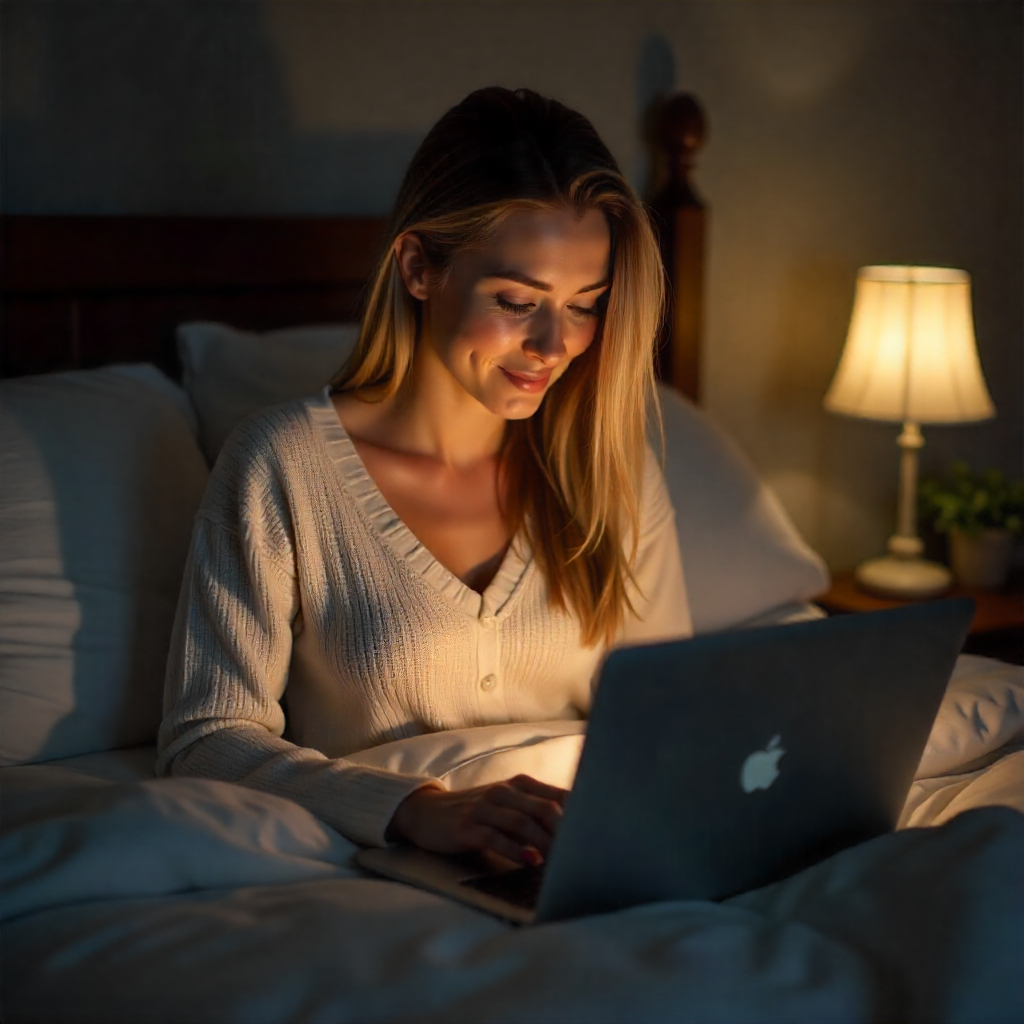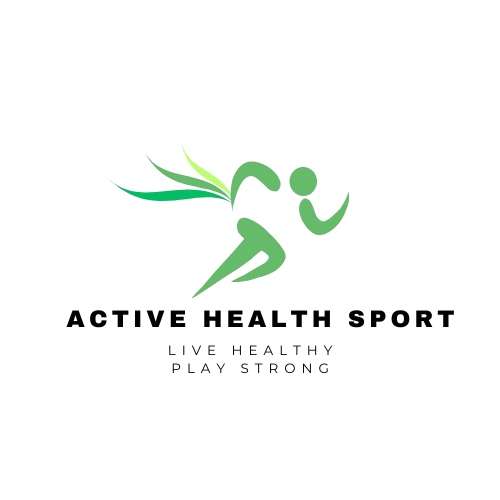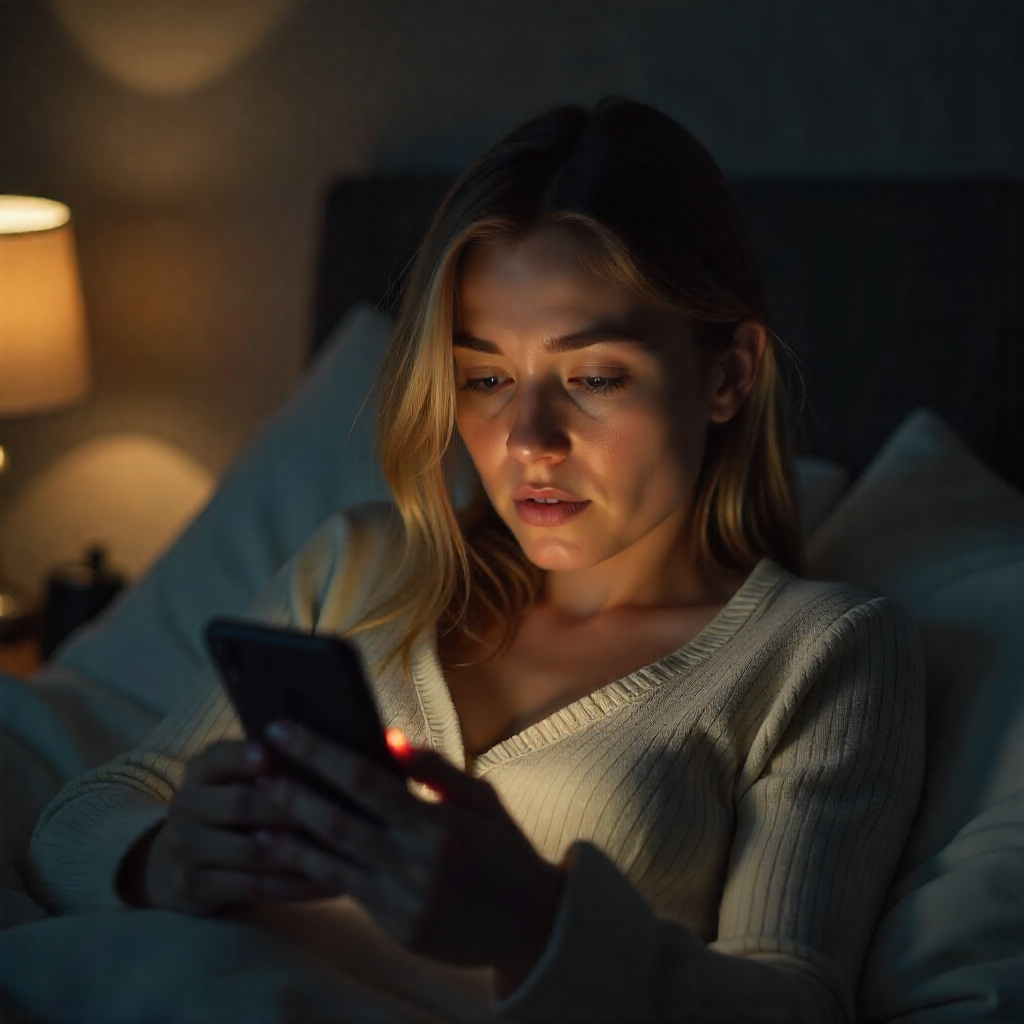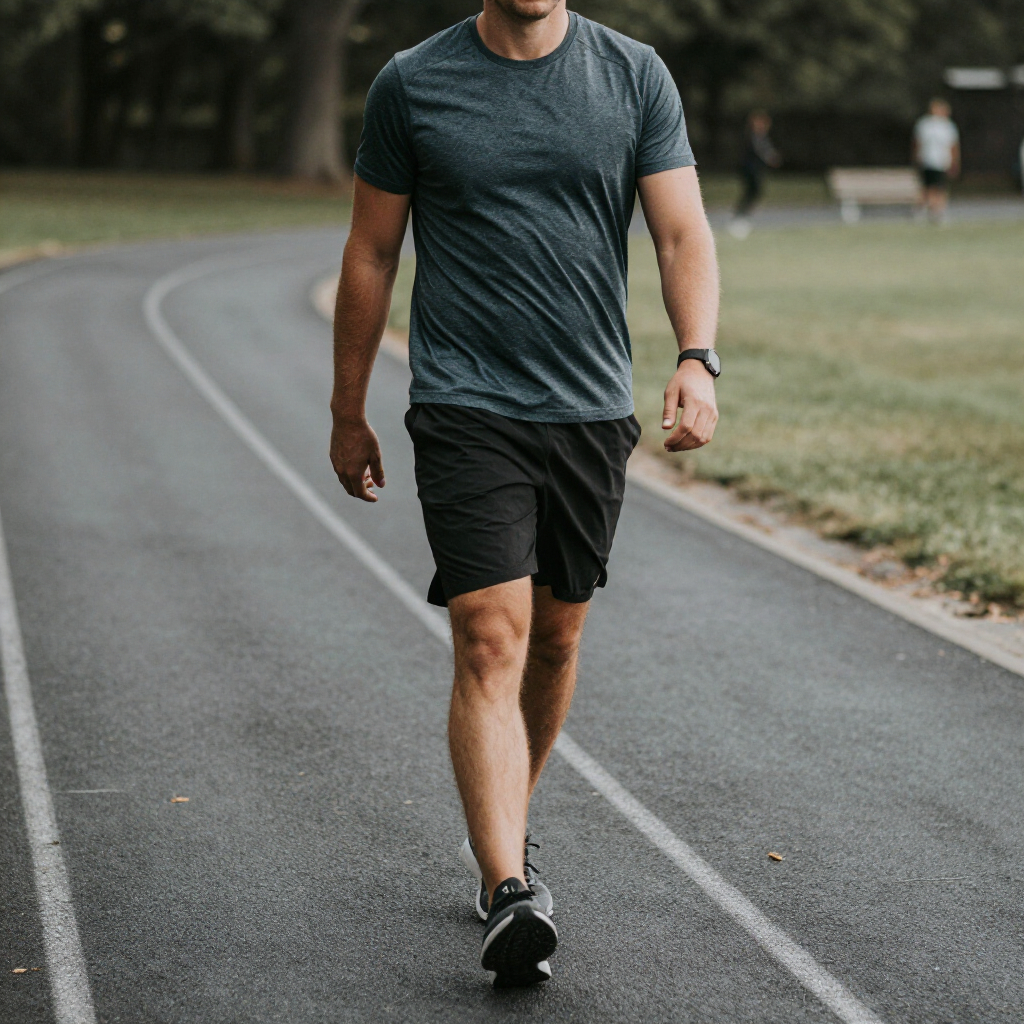The Modern Sleep Thief Hiding in Your Hand
In a world where we check our phones hundreds of times a day, it’s no surprise our sleep has taken a hit.
Most people scroll through social media, watch Netflix, or check emails right up until bedtime, and then wonder why they can’t fall asleep easily or wake up tired.
The truth is, the light from your screen and the content you consume both send confusing signals to your brain. This constant stimulation keeps your body in wake-up mode, delaying melatonin release and disrupting deep sleep cycles.
According to a 2024 report from the Sleep Foundation, 83% of adults use a digital device within an hour of bedtime, and those who do sleep 1.5 hours less and experience 30% more nighttime awakenings.
Let’s break down how digital detox sabotages your sleep, and the science-backed ways to detox your mind before bed. Stay with us, folks!
How Screens Affect Sleep: The Science Explained
1. Blue Light and Melatonin Suppression
The biggest culprit is blue light, a high-energy wavelength emitted by screens, LEDs, and smartphones.
Your brain interprets blue light as daylight, which suppresses the production of melatonin, the hormone responsible for making you feel sleepy.
| Light Type | Source | Melatonin Suppression Level | Sleep Impact |
| Natural Blue Light | Morning Sunlight | Moderate | Boosts alertness (good for daytime) |
| LED/Phone Blue Light | Screens, tablets, TVs | High | Delays sleep onset |
| Warm Yellow Light | Lamps, candles | Low | Supports sleep readiness |
When melatonin drops, your circadian rhythm becomes confused, and your body thinks it’s still daytime, even at midnight.
Read More On: Why Blue Light Disrupts Sleep and How to Avoid It? (2025)
2. Mental Stimulation and Dopamine Overload
Scrolling through social media, gaming, or streaming releases dopamine, the “reward” chemical.
Dopamine isn’t bad, but too much, especially before bed, keeps your brain wired and prevents mental wind-down.
Each notification, message, or “like” creates a mini dopamine spike, making your brain crave more stimulation and delaying sleep.
3. Screen Time and Cortisol Imbalance
Prolonged screen exposure, especially to emotionally charged content like news or fast-paced videos, increases cortisol, the body’s stress hormone.
High nighttime cortisol:
- Makes it harder to fall asleep
- Increases heart rate and body temperature
- Reduces time spent in deep sleep
This is why late-night scrolling can leave you feeling tired and anxious the next day.
The Digital-Sleep Connection: What Studies Show
| Study | Institution | Key Finding |
| Sleep Medicine, 2024 | University of Oxford | Individuals exposed to screens 2 hours before bed had 23% lower melatonin levels |
| Journal of Behavioral Health, 2023 | Stanford University | Screen users before bed took 40% longer to fall asleep |
| National Sleep Foundation Survey | USA, 2024 | 67% of teens and 54% of adults report poor sleep linked to digital use |
These findings clearly show a strong relationship between nighttime screen use and reduced sleep quality, duration, and recovery.
Why Good Sleep Matters More Than You Think
Sleep is the body’s ultimate recovery phase, it repairs tissues, regulates hormones, and restores mental clarity.
Poor sleep from digital overuse leads to:
- Weakened immunity
- Slower reaction times
- Mood instability
- Memory decline
Over time, chronic sleep deprivation can increase the risk of:
- Type 2 diabetes
- Obesity
- Depression
- Cardiovascular disease
If you want sharper focus, more energy, and better overall health, a digital detox before bed is one of the easiest lifestyle upgrades you can make.
Signs You Need a Digital Detox Before Bed
| Sign | Description | What It Indicates |
| You scroll in bed for “5 minutes,” but it becomes an hour | Loss of self-control | Screen addiction habits |
| You feel restless or anxious before sleep | High cortisol | Overstimulation |
| You wake up tired despite enough hours | Poor melatonin release | Circadian disruption |
| You check your phone first thing in the morning | Dopamine dependency | Tech-driven anxiety |
| You need a TV or YouTube to fall asleep | Habitual overstimulation | Sleep-onset insomnia |
If two or more of these sound familiar, it’s time for a digital bedtime reset.
How to Do a Digital Detox Before Bed
Let’s explore practical, evidence-backed methods to restore healthy nighttime habits.
1. Set a Digital Curfew
Decide on a “no-screens” rule at least 60-90 minutes before bedtime.
During this window, your brain naturally boosts melatonin and slows neural activity.
Example: If your bedtime is 11:00 PM, shut down all screens by 9:30 PM.
Also Read the Latest: How Long Before Bed Should You Stop Using Your Phone?
2. Replace Screens with Sleep-Supportive Activities
| Alternative Activity | Benefit |
| Reading a physical book | Reduces stress and calms the mind |
| Journaling | Clears racing thoughts |
| Meditation or deep breathing | Lowers cortisol and heart rate |
| Listening to soft music or audiobooks | Helps transition to relaxation mode |
| Stretching or yoga | Relaxes muscles and enhances blood flow |
A 2019 Harvard Medical School study found that adults who replaced screens with quiet reading before bed improved sleep quality by 37% within two weeks.
3. Use Blue-Light Filters or Glasses
If you must use devices at night, enable Night Mode or use blue-light filtering glasses.
These reduce melatonin suppression and eye strain by filtering harmful wavelengths.
| Tool | How It Helps | Best Use |
| Phone “Night Shift” Mode | Lowers blue light | 2 hours before bed |
| Blue-Light Glasses | Physically filters screen light | During evening work |
| Warm Lamp Lighting | Promotes natural sleep readiness | Bedroom & reading areas |
4. Keep Devices Out of the Bedroom
The simplest yet most powerful fix, charge your phone outside your bedroom.
Research from the University of London (2023) found that participants who removed their phones from the bedroom:
- Slept 45 minutes longer per night
- Reported 25% lower stress levels
- Felt more focused the next morning
5. Use a Digital Wind-Down Routine
Create a predictable bedtime pattern to signal to your brain it’s time to sleep.
Sample 60-Minute Digital Detox Routine:
| Time | Activity |
| 9:30 PM | Turn off all screens |
| 9:35 PM | Dim room lights |
| 9:45 PM | Gentle stretching or breathing exercise |
| 10:00 PM | Write in a gratitude journal |
| 10:15 PM | Read a book or listen to calming music |
| 10:45 PM | Sleep-ready: dark room, cool temperature |
Within a week, your body will start naturally feeling sleepy at the same time every night.
What is the Role of Light Exposure During the Day?
A complete digital detox isn’t just about removing light at night, it’s also about getting enough natural light in the morning.
Morning sunlight resets your circadian rhythm, helping you feel awake earlier and sleepy earlier in the evening.
Tip: Spend 10-15 minutes in natural sunlight within the first 30 minutes after waking. It’s nature’s best alarm clock.
Also Read the Latest: How Short Naps Can Charm Your Mood and Reduce Stress?
Apps That Help You Disconnect, Not Distract
Technology can ironically also help you manage technology.
Here are some science-backed apps that encourage mindful screen use.
| App | Function | Why It Helps |
| Freedom | Blocks distracting apps/sites | Keeps your focus aligned |
| Forest | Gamifies phone-free time | Builds digital discipline |
| Calm / Headspace | Guided meditation | Reduces anxiety and cortisol |
| Digital Wellbeing (Android) / Screen Time (iOS) | Tracks screen usage | Raises self-awareness |
Real-Life Case Studies: Digital Detox Success Stories
Case Study 1: “The Designer Who Finally Slept Through the Night”
Profile: Emily, 33-year-old UX designer working late evenings on product interfaces.
Problem: For over a year, Emily struggled with inconsistent sleep. She often worked until midnight and relaxed by scrolling through Pinterest and Instagram afterward. She woke up groggy, saw a dip in her creativity, and needed multiple cups of coffee to function.
Discovery: She learned that screen time before bed delays melatonin production, especially for people who work with bright adaptive screens.
Intervention:
- Implemented a 45-minute digital blackout before bedtime
- Replaced scrolling with light stretching and reading
- Activated blue-light filters on all work devices
Result (after 4 weeks): - Fell asleep 30 minutes faster
- Reported deeper sleep and fewer nighttime awakenings
- Woke up with improved focus and reduced morning anxiety
- Delivered her best-rated project that month

Emily says, “I didn’t know screens were stealing my sleep. Switching off earlier gave me my mornings back.”
Case Study 2: “The Tech Manager Who Beat Chronic Insomnia”
Profile: Raj, 42-year-old IT operations manager, managing on-call alerts.
Problem: Raj struggled with chronic insomnia due to nighttime notifications, late-night emails, and work-related screen exposure. Even after going to bed at a reasonable time, he tossed for hours and woke up feeling drained.
Discovery: He read that light exposure between 10 p.m.–4 a.m. can disrupt sleep architecture, especially REM cycles, vital for cognitive performance.
Intervention:
- Enabled “Do Not Disturb” mode after 9 p.m.
- Moved his phone outside the bedroom
- Introduced a pre-sleep routine: herbal tea, dim lights, and low-stimulation journaling
Result (after 3 weeks): - Insomnia reduced significantly
- Deep sleep increased by 22%, tracked via smartwatch
- Reported better morning mood and sharper decision-making at work
Raj shares: “My energy doubled. I didn’t realize how much a buzzing phone could sabotage my sleep.”
Case Study 3: “The Student Who Overcame Nighttime Anxiety”
Profile: Sofia, 21-year-old university student balancing classes, assignments, and social media.
Problem: Sofia had intense nighttime anxiety due to constant scrolling, social comparison, and exposure to stimulating content before bed. She found it nearly impossible to wind down and experienced restless, fragmented sleep.
Discovery: Studies show that social media before bed increases cognitive arousal, making it harder for the brain to deactivate.
Intervention:
- Replaced nighttime social media with a 10-minute meditation
- Used a red-light lamp instead of bright LEDs
- Set a screen curfew at 10 p.m.
Result (after 1 month): - Nighttime anxiety reduced dramatically
- Sleep quality improved
- Academic performance and next-day concentration increased
- Reported more emotional stability
Sofia says, “My mind finally quiets down at night. It’s the first time I’ve felt in control of my sleep.”
⭐ Share Your Story With Active Health Sport
At Active Health Sport, we believe real stories inspire real change.
Whether you’ve overcome late-night scrolling, improved your sleep routine, or found a nighttime habit that transformed your energy. We’d love to hear your journey.
Your message might help someone else reclaim their sleep, health, and wellbeing.
If you’d like to share your experience, simply reach out anytime. Your story matters, and we’re here to celebrate it with you.
Also Read the Latest: Sleep Tracking for Athletes: Do Wearables Really Help?
Digital Detox Benefits: What You’ll Notice
After one week of consistent nighttime detox, users report:
- Falling asleep faster
- Waking up refreshed
- More vivid dreams (REM sleep restored)
- Increased next-day focus and creativity
- Reduced eye strain and tension headaches
Within a month, your sleep architecture improves, meaning you spend more time in deep and REM sleep, the stages responsible for memory, healing, and muscle recovery.
Digital Hygiene Beyond Bedtime
Sleep is only part of the equation. For full recovery and focus:
- Take micro-breaks every 90 minutes during the day (5-10 mins screen-free)
- Avoid checking your phone immediately upon waking
- Turn off non-essential notifications
- Use “Do Not Disturb” during meals and workouts
Digital hygiene helps your brain return to balanced dopamine levels, improving emotional regulation and cognitive sharpness.
Final Thoughts: Rest Is the New Productivity
In a world that celebrates constant connectivity, true recovery is a rebellion.
Putting your phone down an hour before bed might feel small, but it rewires your brain to rest, repair, and reset.
Good sleep isn’t just about duration; it’s about quality and rhythm.
By practicing a nightly digital detox, you give your brain permission to slow down, leading to deeper rest, sharper mornings, and longer-term mental clarity.
Frequently Asked Questions (FAQs)
Q: Does using “Night Mode” or “blue-light glasses” really help?
Yes. Night Mode and blue-light–blocking lenses significantly reduce short-wavelength light that delays melatonin release. However, they don’t counter mental stimulation from late-night scrolling. For best results, pair them with dim lighting, calming pre-sleep rituals, and a consistent wind-down routine so your brain transitions naturally toward sleep readiness.
Q: Can I watch TV before bed if it relaxes me?
Yes, but with caution. If watching TV genuinely helps you unwind and doesn’t trigger overstimulation, it can be part of a balanced routine. Choose soft, low-light shows and avoid fast-paced content. Reduce brightness, keep distance from the screen, and set a cutoff time at least 30-60 minutes before bed to protect natural melatonin production.
Q: How long does it take to notice better sleep after a digital detox?
Most people feel improvements within 3-5 days of reducing evening screen time. Benefits often include faster sleep onset, deeper sleep cycles, and more refreshed mornings. A longer detox of 10-14 days can further recalibrate circadian cues, lower evening cortisol, and improve overall mood and daytime alertness.
Q: What’s a good replacement for bedtime scrolling?
Great alternatives include light reading, breathwork, journaling, or short guided meditations. These practices calm the nervous system, lower cognitive arousal, and signal your brain that it’s time to shift into rest mode. They create healthier cues for melatonin release compared to stimulating digital inputs.
Q: Is it okay to keep my phone in the bedroom while sleeping?
Ideally, no. Keeping your phone nearby increases the temptation to check notifications and exposes you to overnight light and sound disruptions. If you must keep it in the room, switch it to airplane mode, place it face down, and keep it out of arm’s reach. This protects sleep continuity and preserves your circadian rhythm.
You might also like the following…

Kait Amazra is the founder and lead writer of Active Health Sport. With over 25 years of experience in health, fitness, and wellness education, Kait combines professional expertise with a passion for helping people live stronger, healthier, and more balanced lives.
As a licensed health and fitness professional, Kait has worked alongside industry experts to deliver evidence-based insights on physical activity, nutrition, recovery, and holistic well-being. Through Active Health Sport, Kait’s mission is to make trusted, practical, and science-backed health information accessible to everyone, from beginners building new habits to athletes seeking peak performance.




